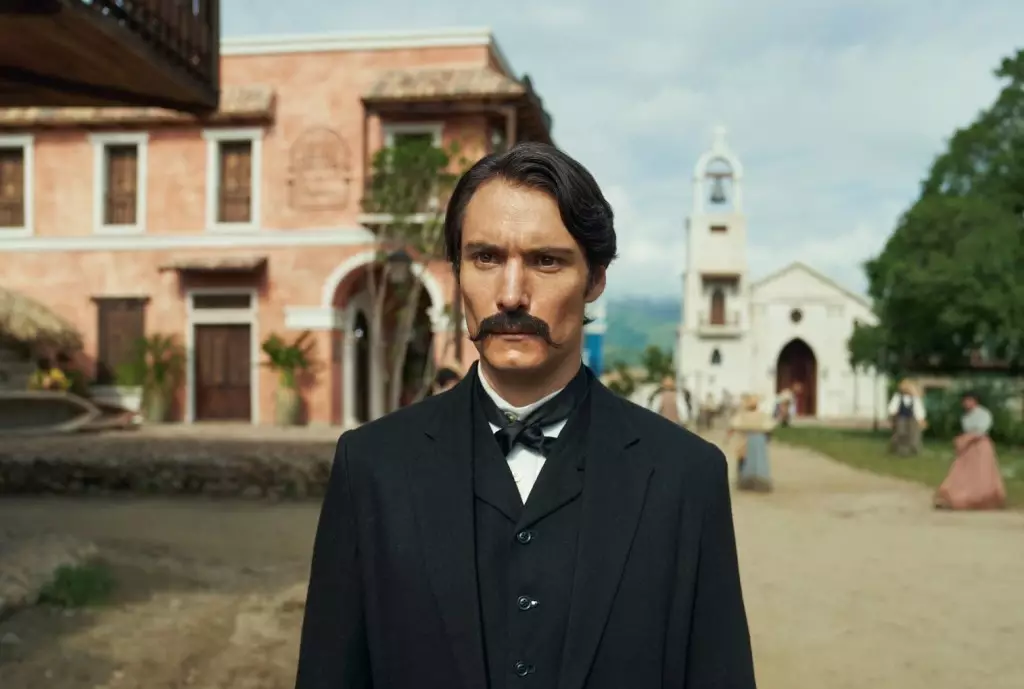The highly anticipated adaptation of Gabriel García Márquez’s iconic novel “100 Years of Solitude” is set to revolutionize storytelling in television. Slated for a dual-season run with two parts of eight episodes each, the first season will premiere on December 11. This monumental undertaking not only marks a pivotal moment in Colombian cinema but also taps into the global allure of magical realism. The narrative follows the Buendía family across seven generations in the quaint yet myth-infused town of Macondo, a setting that has enchanted readers since the book’s initial publication in 1967.
Garcia Márquez’s literary masterpiece boasts a staggering sales record of over 50 million copies in more than 40 languages, asserting its position as a universal treasure. The adaptation, backed by the author’s family, is a testament to the profound respect for the source material. The production company Dynamo, known for successful projects like “Narcos,” undertakes this challenging task, ensuring that the series stays true to the essence of the novel while captivating a newer audience.
The ambitious scope of the series necessitates a meticulous approach, particularly in its casting process, which reportedly involved evaluating over 10,000 candidates for just 25 principal roles. This rigorous selection is indicative of the team’s commitment to authenticity, as they strive to embody the complex tapestry of characters that García Márquez masterfully wove into his narrative.
Key to the success of “100 Years of Solitude” will be its visual storytelling. The artistic direction rests in the capable hands of Eugenio Caballero, an Oscar-winning production designer best known for “Pan’s Labyrinth,” alongside Barbara Enríquez, nominated for her work on “Roma.” The duo has created multiple iterations of Macondo to illustrate its evolution, capturing the town’s dreamlike quality that is central to the novel. Their efforts include sourcing local antiques and commissioning artisans to craft period-appropriate fabrics and artifacts, enhancing authenticity and immersiveness.
Costume design, helmed by Catherine Rodríguez, follows suit with an equally thorough approach, using national records and period-appropriate watercolors to inform their choices. This level of detail not only enhances the narrative but opens a window into the historical and cultural dimensions of Colombian life, resonating with both local and international audiences.
This adaptation signals a broader initiative by Netflix’s Latin American division, which aims to spotlight regional narratives while appealing to a global audience. “100 Years of Solitude” represents more than just a television series; it is a vital cultural artifact that seeks to resonate with diverse demographics. As the media landscape evolves, the importance of culturally rich and diverse storytelling cannot be overlooked.
As fans eagerly await the release, this adaptation stands as a hopeful harbinger for the future of Colombian cinema and international storytelling. With its roots anchored firmly in rich literature, “100 Years of Solitude” promises to be not only an adaptation but a celebration of heritage, family, and the magical realities of life itself.
